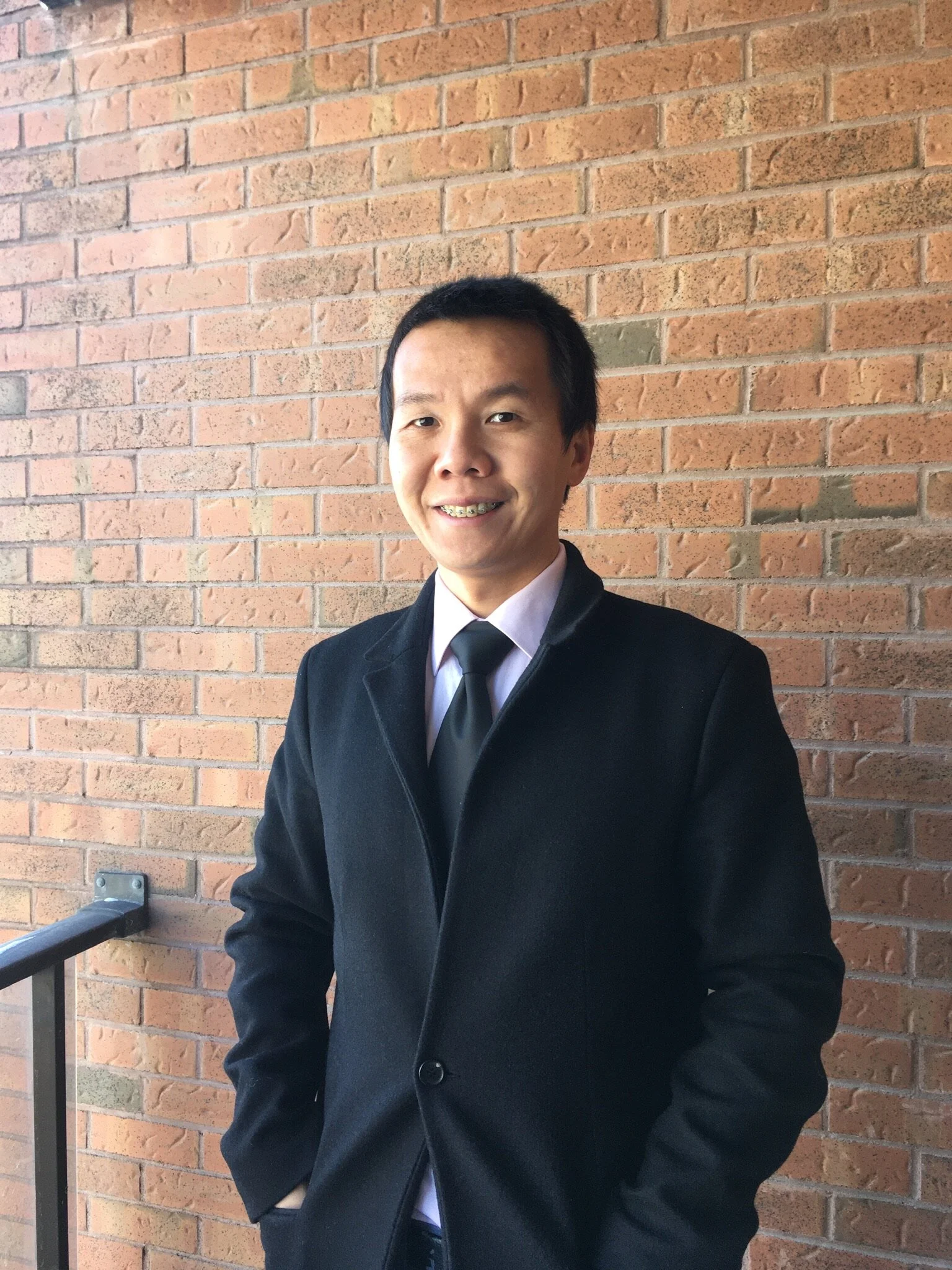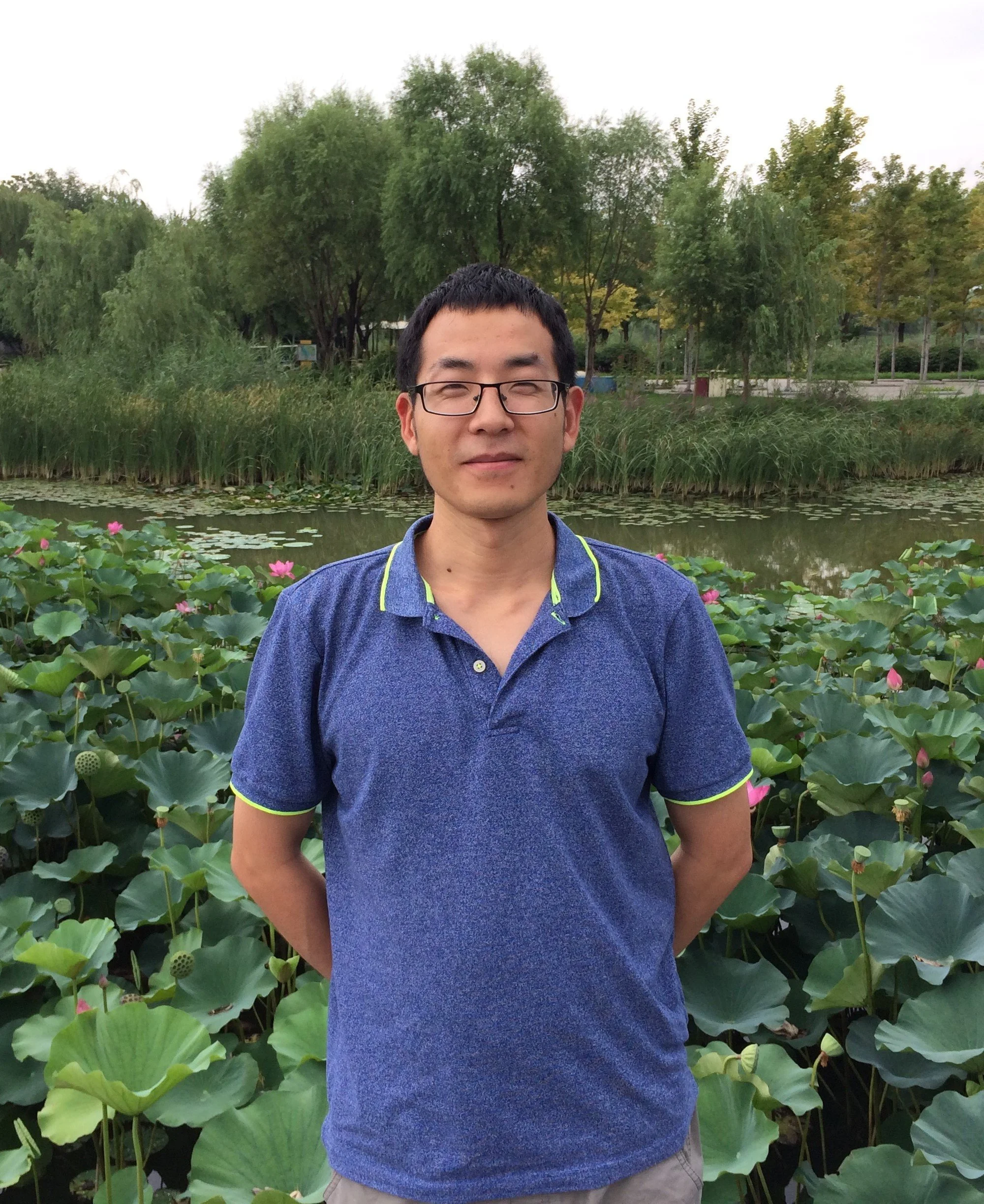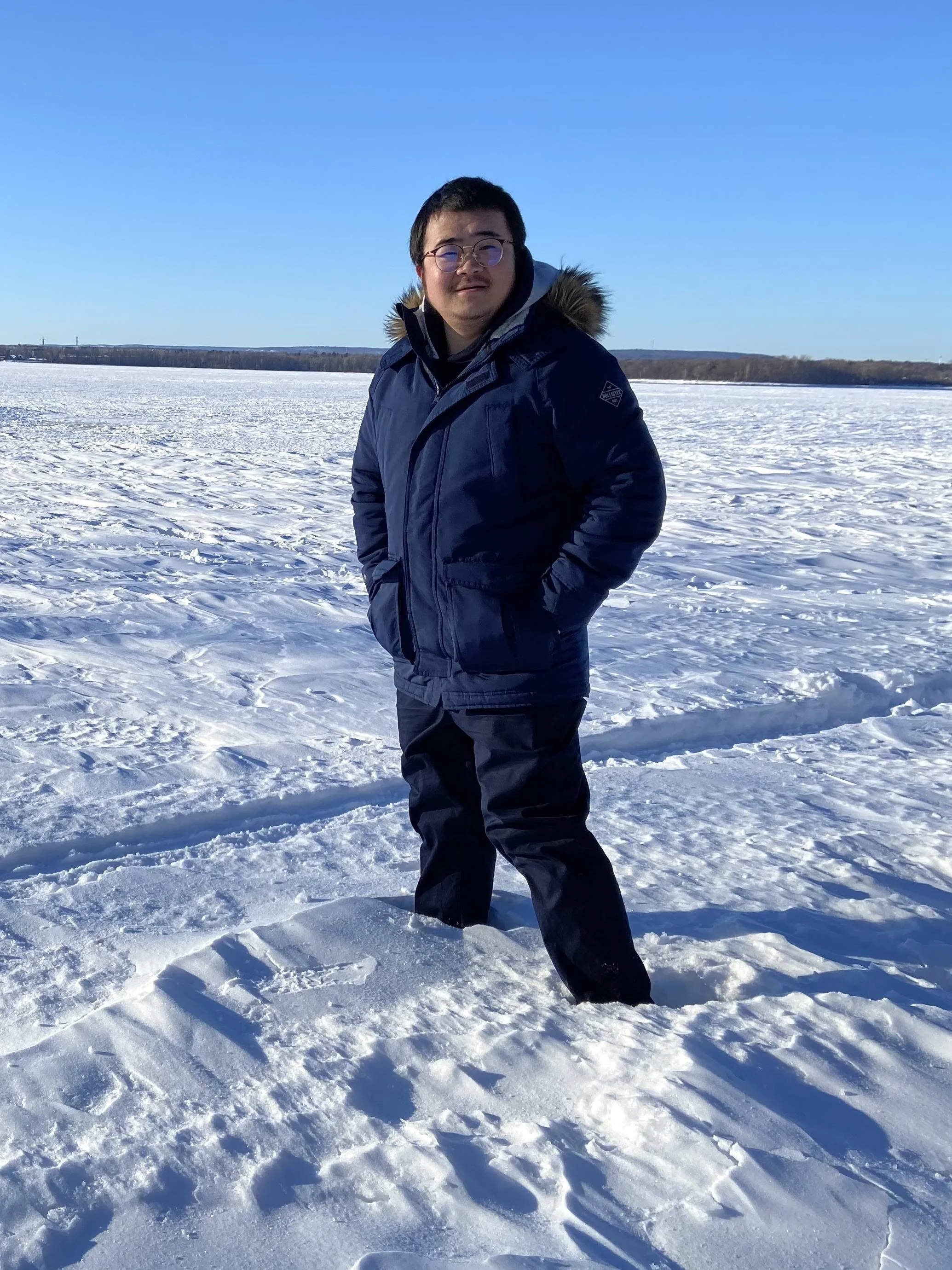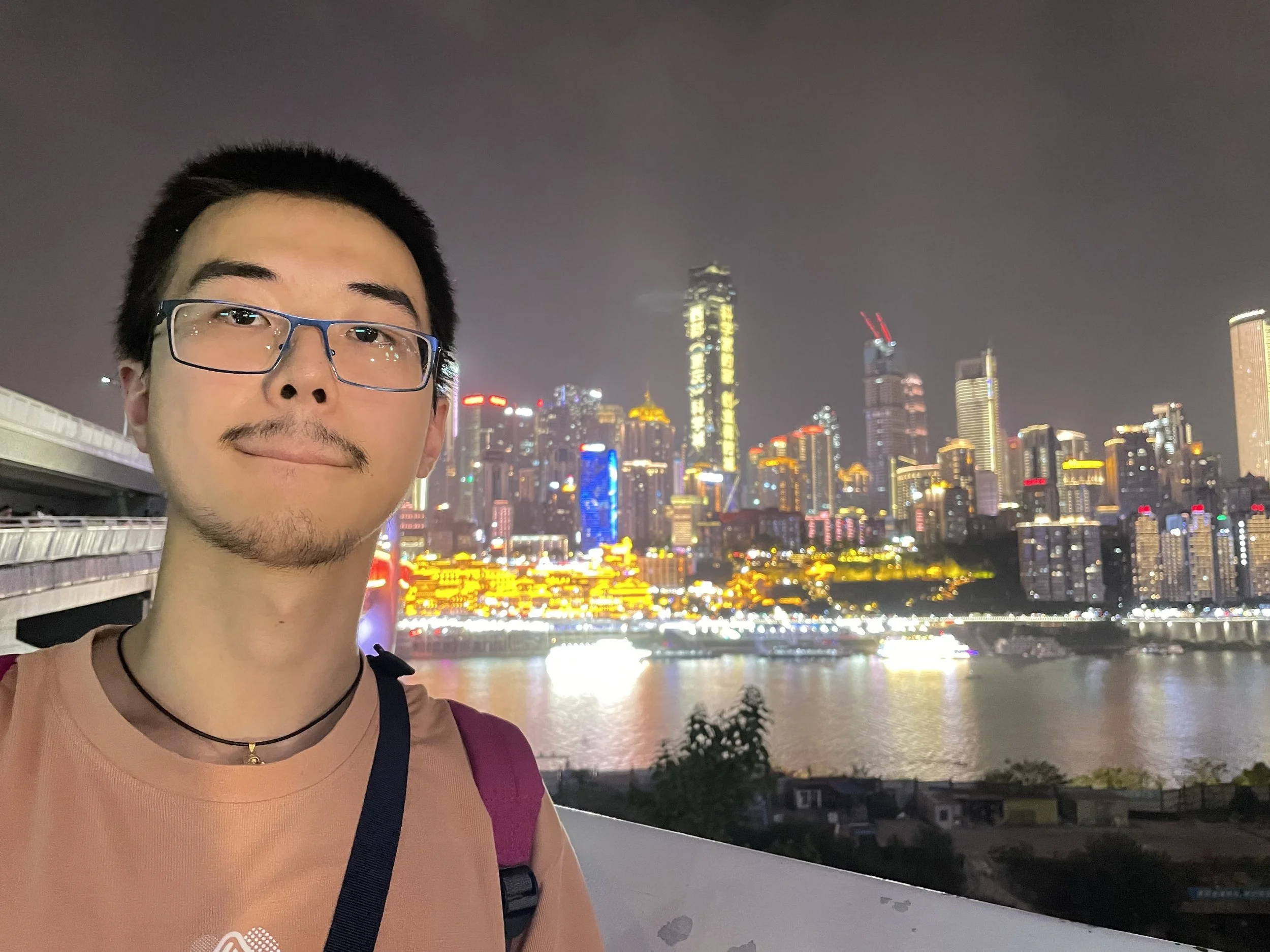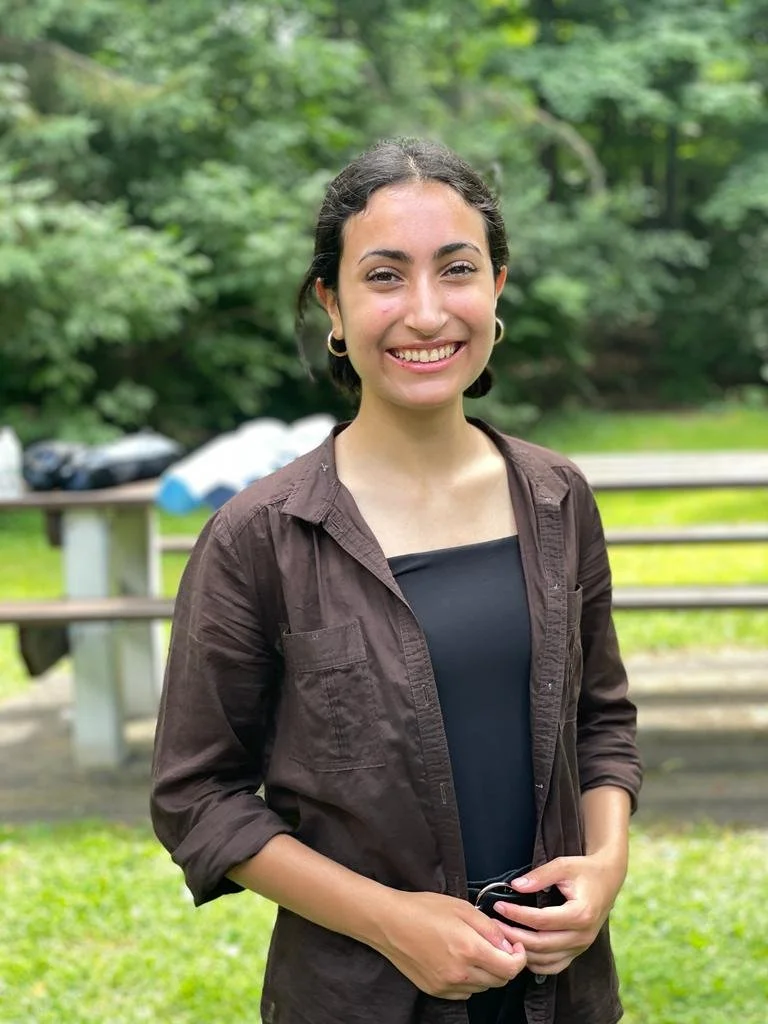Jin, Tao (金涛)
Assistant Professor, Department of Mechanical Engineering, University of Ottawa, ON, Canada
Ph.D. Rice University, Houston, Texas, USA
M.E. Tongji University, Shanghai, China
B.E. Tongji University, Shanghai, China
After finishing my PhD in the numerical modeling of biomaterials, I joined Los Alamos National Laboratory in Los Alamos, New Mexico, USA, where I worked for three years as a Postdoctoral Research Associate in the Fluid Dynamics & Solid Mechanics Group, Theoretical Division. During this period, my research focused on developing numerical strategies to treat shear localization in metals under highly dynamic loading conditions. In 2019, I moved to Livermore, California, USA and joined Lawrence Livermore National Laboratory’s Atmospheric, Earth & Energy Division, where I worked as a Postdoctoral Research Associate in the area of modeling fluid-induced fracture propagation. I joined the Department of Mechanical Engineering at uOttawa in 2021 as an Assistant Professor. In my spare time, I play soccer and guitar.
Xue, Yi
Postdoctoral Research Fellow, Department of Mechanical Engineering, University of Ottawa, ON, Canada
Ph.D. China University of Mining and Technology, China
B.E. China University of Mining and Technology, China
After completing my bachelor’s degree in Engineering Mechanics in 2012, I continued my academic journey at China University of Mining and Technology, where I obtained my Ph.D. in Rock Mechanics in 2017. Since then, I have been working at the Institute of Geotechnical Engineering at Xi’an University of Technology, focusing on geomechanics, fracture propagation in porous media, and coupled thermo-hydro-mechanical processes in fractured rock masses. I have published dozens of peer-reviewed papers and have received multiple awards for my research contributions. I am particularly interested in the behavior of rock under extreme thermal and mechanical conditions. In 2025, I moved to Canada and joined the Department of Mechanical Engineering at the University of Ottawa as a postdoctoral research fellow under the supervision of Dr. Jin. My current research focuses on experimentally and numerically capturing and describing the evolution of pore structures and crack propagation in rocks under high- and low-temperature environments. In my free time, I enjoy singing, exploring nature, and trying out new cooking ideas inspired by my travels and new experiences.
Li, Zhao(李钊)
PhD student, Department of Mechanical Engineering, University of Ottawa, ON, Canada
M.E. University of Ottawa, Ontario, Canada
B.E. Hefei University of Technology, Anhui, China
In the summer of 2012, I obtained my bachelor’s degree in Mechanical Design, Manufacture, and Automation. After graduation, I started to work as a mechanical engineer for three years. During this period of time, I spent some time developing programming skills and founded a start-up with my friends in 2015 to seek for more opportunities in the quickly evolving IT industry. After three-year, our start-up effort failed. But this period of time gave me an opportunity to gain some coding strength. After that, I joined a tutoring center to teach kids coding and computer algorithms while rethinking about my career goals. From 2020 to 2022, I studied at the University of Ottawa, Canada and received my master’s degree in Mechanical Engineering. In the fall of 2022, I started my new study and research under Dr. Jin’s supervision.
Hu, Zhirou
PhD student, Department of Mechanical Engineering, University of Ottawa, ON, Canada
MASc. University of Ottawa, Ontario, Canada
M.E. University of Ottawa, Ontario, Canada
B.E. China University of Petroleum (East China), Shandong, China
During my last year of undergraduate study, I received an opportunity to visit the University of Ottawa through a student exchange program. In 2021, I obtained my bachelor’s degree from China University of Petroleum and continued my study at uOttawa. I obtained my Master degree a year later. I still want to make more progress in academia, and my current education background seems not to be sufficient for my career goal. So I decided to start a new program. Numerical simulation is an advanced topic in today’s engineering fields in which I have strong interests. Therefore, I joined Prof. Jin’s team in Fall 2023 to pursue this research topic and obtained my degree in MASc (Master of Applied Science) in summer 2025. Currently, I am a PhD student in Dr. Jin’s group and continue my research in the area of computational fracture mechanics.
Poole, Lauren
MASc student, Department of Mechanical Engineering, University of Ottawa, ON, Canada
BASc. University of Ottawa, Ontario, Canada
In 2025, I earned a Bachelor of Applied Science in Mechanical Engineering with Co-op from the University of Ottawa. During a Co-op term with Natural Resources Canada, I used finite element analysis on a testing apparatus for rock bolts which are used for stress stabilization in mines. I was then able to take finite element analysis as an elective in my fourth year. I found the subject interesting and intriguing due to the procedural decomposition of complex problems and the many applications across various disciplines. This ultimately prompted me to pursue a Masters degree on the subject. I look forward to joining Dr. Jin’s lab and beginning my thesis in the fall. In my spare time, I love to be outdoors. My favorite activities are running or hiking.
Al-Shobaki, Numan
MASc student, Department of Mechanical Engineering, University of Ottawa, ON, Canada
BASc. University of Ottawa, Ontario, Canada
In my final year of undergrad studies, I enrolled in Finite Element Analysis (FEA) and Advanced Topics in Finite Element Analysis with Dr. Jin as one of my technical electives. I was drawn to the course because it’s a fundamental tool every engineer should have in their skill set for analyzing design problems. I’ve always enjoyed exploring technical and challenging topics, and this course sparked a new curiosity that led me to learn Python and explore its usefulness in complex numerical simulations. The knowledge I gained from both courses has been incredibly valuable and has shaped how I approach engineering design and analysis today. With that momentum, I decided to continue my studies by pursuing a MASc in Mechanical Engineering, specializing in computational mechanics and the application of the Finite Element Method (FEM). Outside of academics, you will most likely find me on a soccer field. I have played competitively for years, and I have found that the discipline, strategy, and teamwork from the sport naturally shape the way I approach engineering challenges. Whether it is optimizing a mesh or setting up a game winning assist, I enjoy solving problems and I am always ready for the next one.
Jamani, Dina
Undergraduate co-op student, Department of Mechanical Engineering, University of Ottawa, ON, Canada
I am in my third year of Biomedical Mechanical Engineering at the University of Ottawa. With a strong curiosity and passion for learning, I’m always eager to take on new challenges that push my boundaries and expand both my knowledge and skills. Outside of academics, I’m an active member of uOttawa’s rocketry team, where I’ve gained hands-on experience in mechanical design. Throughout my studies, I’ve developed a strong interest in materials science and numerical simulations, particularly in how numerical models are built to represent material systems. I’ve also become increasingly drawn to computer programming, both for its practical value and for the way it cultivates critical thinking and problem-solving skills. These interests naturally led me to pursue research for my co-op, where I could explore these areas more deeply. This summer, I’m grateful to be completing a research-based co-op under the mentorship of Dr. Tao Jin. My project involves developing C/C++ code to simulate the mechanical behavior of randomly distributed fiber networks within biomaterials. The focus of my work for Summer 2025 is to implement a random walk algorithm that generates the microscopic fiber network used in the simulation. This opportunity is helping me strengthen my programming abilities while gaining deeper insight into computational modeling and its applications in biomedical engineering.

